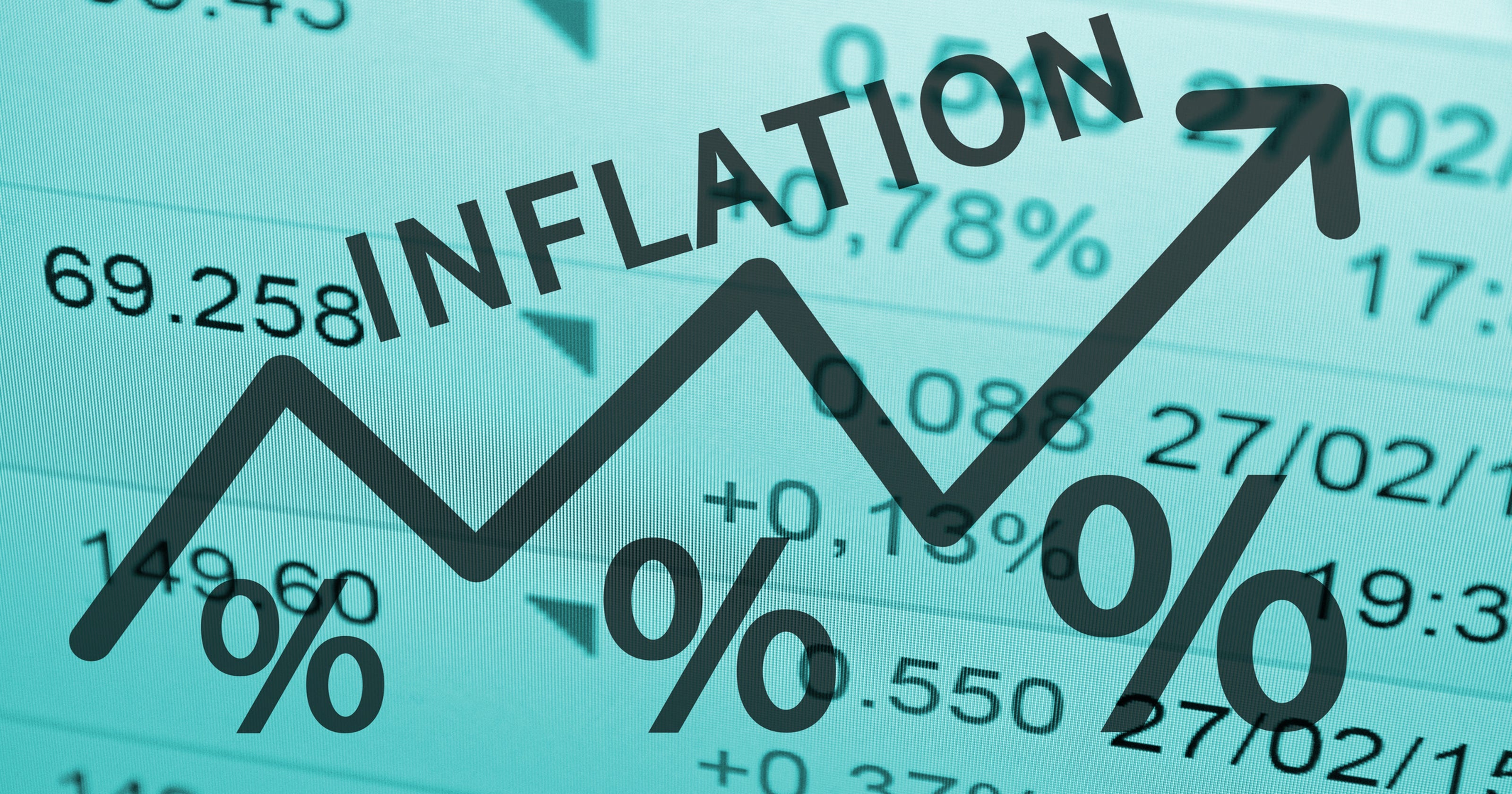Inflation is the charge at which the well-known stage of expenses for items and offerings is rising and due to this fact buying electricity is falling. Central banks strive to restrict inflation and keep away from deflation in order to preserve the economic system walking smoothly. Inflation is measured by using the Consumer Price Index (CPI) or the Producer Price Index (PPI). A low price of inflation is commonly regarded to be really useful to an economy, whilst excessive inflation can be harmful and lead to financial recession.
Inflation can have a range of consequences on the world economy. Some of the foremost outcomes include:
Impact on buying power: Inflation reduces the buying energy of buyers as the expenses of items and offerings increase. This skill that human beings have to spend extra cash to purchase the equal items and services, which can lead to a reduce in popular of living.
Impact on hobby rates: Central banks regularly increase activity prices in order to fight inflation, which can lead to greater borrowing prices for agencies and customers and can sluggish down financial growth.
Impact on investment: High inflation can make it tough for traders to predict the future fee of their investments and can lead to accelerated volatility in economic markets.
Impact on worldwide trade: Inflation can additionally have an effect on worldwide exchange as it can make a country's exports greater pricey and less aggressive in the world market.
Impact on monetary growth: In the lengthy run, excessive and power inflation can lead to decrease financial increase and can reason structural imbalances in the economy.
Overall, whilst some inflation is normally viewed to be healthful for an economy, excessive or chronic inflation can have bad consequences on the world economy.

